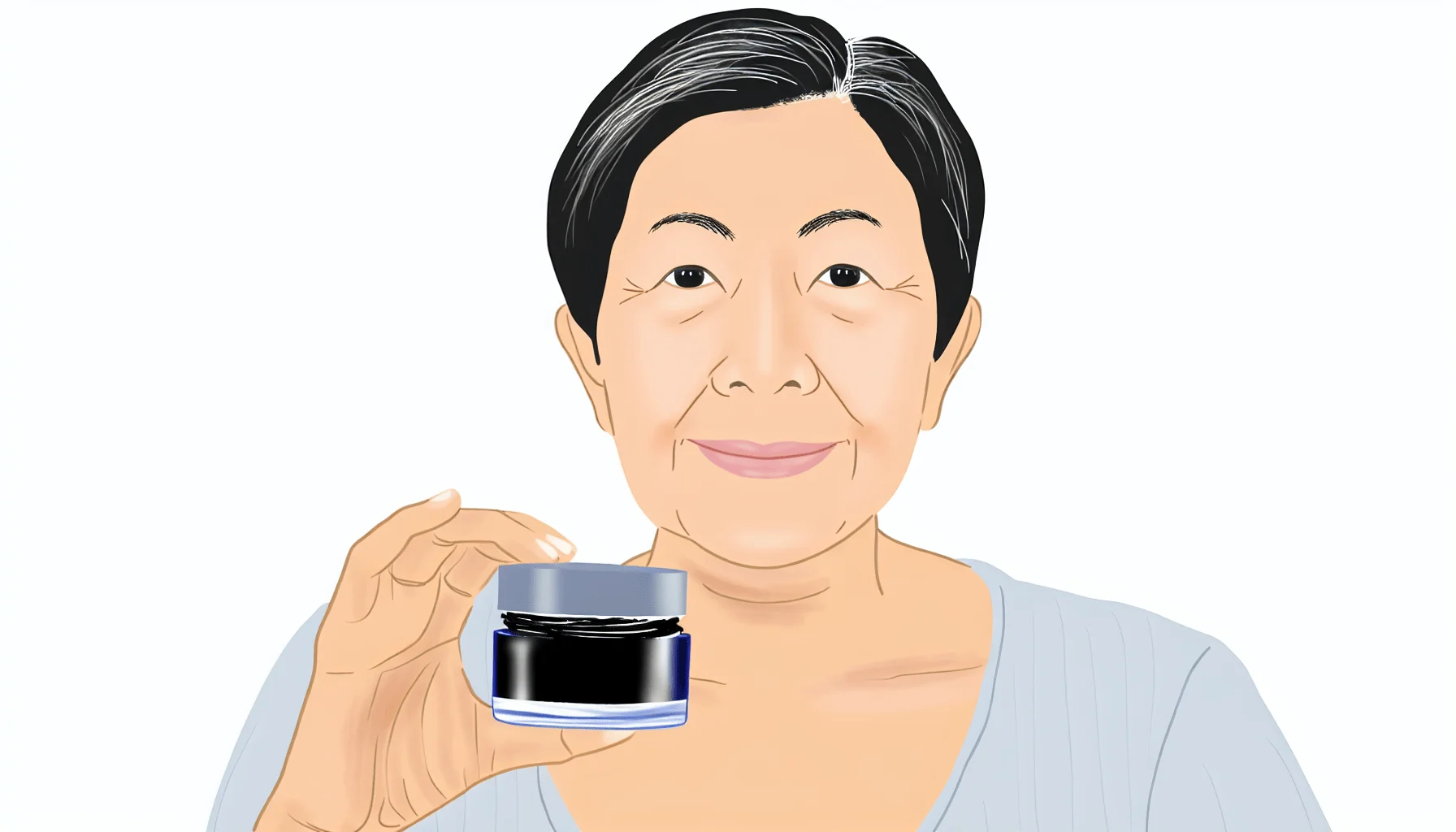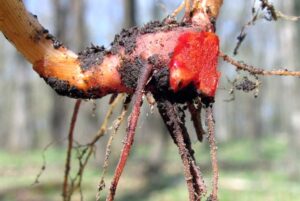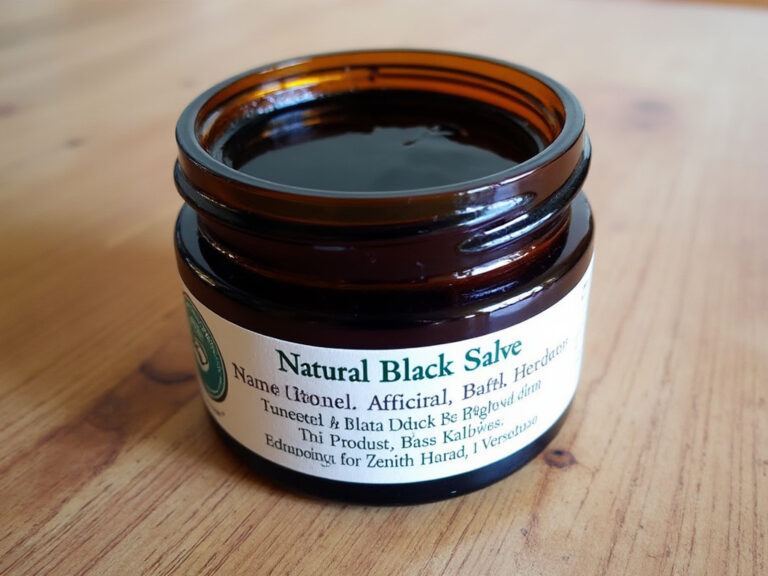
Introduction to Black Salve in a Nutshell
In the realm of alternative medicine, black salve stands out as a remarkable and natural solution for treating skin cancer. Rooted in traditional practices and backed by centuries of anecdotal success, black salve offers a unique approach to combating skin cancer. This article aims to shed light on the benefits and effectiveness of black salve, providing insights into why it continues to be a preferred choice for many seeking natural cancer treatments.
The Power of Nature in Healing
Black salve is primarily composed of two potent natural ingredients: bloodroot (Sanguinaria canadensis) and zinc chloride. Bloodroot, a plant native to North America, has been used by indigenous communities for centuries due to its medicinal properties. The key component in bloodroot is sanguinarine, an alkaloid known for its cytotoxic effects, which specifically targets cancer cells. Zinc chloride, while synthetic, acts as a powerful agent that enhances the effectiveness of bloodroot, making the salve a potent formulation.
Bloodroot Rhizome
Historical Significance and Enduring Legacy
The origins of black salve can be traced back to the 1850s when American surgeon Jesse Fell discovered the cancer-treating potential of bloodroot. His formulation, known as Fell’s Paste, gained significant attention for its effectiveness. In the 1920s, Harry Hoxsey, an insurance salesman, popularized a similar escharotic paste, leading to widespread use and the establishment of numerous clinics. These historical roots highlight the long-standing belief in the efficacy of black salve in treating skin cancers.
Clinical Efficacy and User Experiences
While it is true that controlled clinical trials are lacking, the efficacy of black salve is supported by numerous anecdotal reports and user experiences. Many individuals have reported successful outcomes after using black salve, noting the clearance of skin lesions and cancers. These personal stories and testimonials provide a compelling argument for the salve’s effectiveness, especially for those who prefer natural over conventional treatments.
Safety and Natural Composition
Critics often raise concerns about the safety of black salve. However, supporters argue that when used correctly and with proper guidance, black salve can be a safe and effective treatment. The natural composition of the salve is seen as an advantage, offering a holistic approach to cancer treatment. The presence of zinc chloride, despite being synthetic, is considered necessary to enhance the therapeutic properties of bloodroot.
Conclusion: Embracing Alternative Solutions
Black salve represents a bridge between traditional wisdom and modern needs, offering a natural alternative to conventional skin cancer treatments. Its enduring popularity and the positive experiences of many users underscore its potential as a viable treatment option. As with any medical treatment, it is essential to approach black salve with an informed perspective, understanding both its potential benefits and limitations.
Disclaimer: This article represents a perspective that supports the use of black salve based on historical usage and anecdotal evidence. It is crucial to consult healthcare professionals and consider all available evidence when making decisions about cancer treatment.
Also See
- Combining Black Salve with Bloodroot Capsules
- How to Correctly Apply Black Salve for Cancer Treatment
[html_block id=”160664″]




